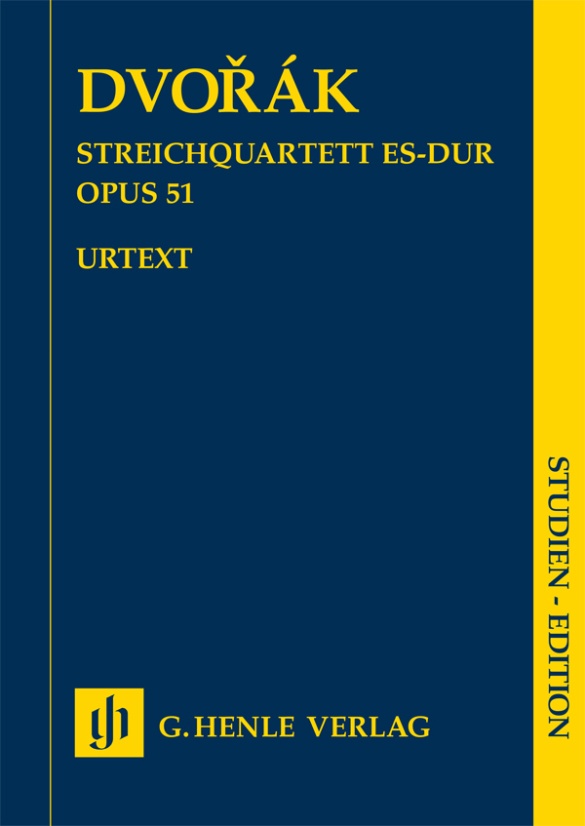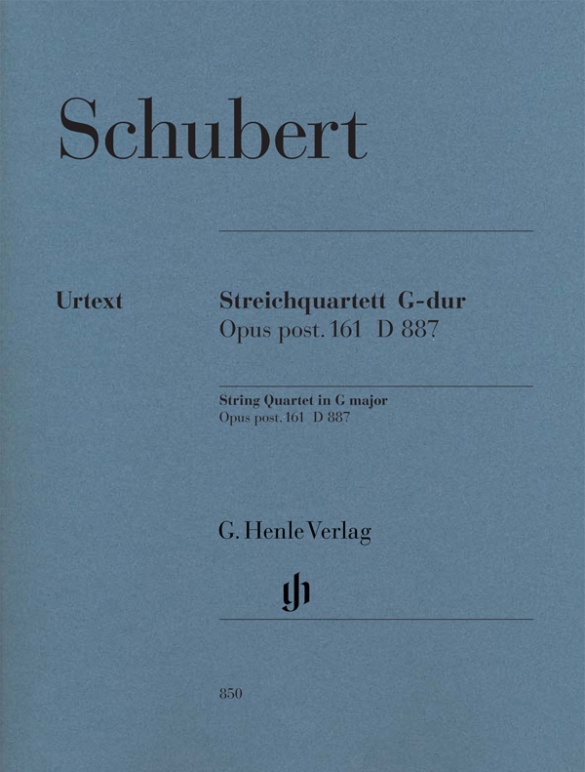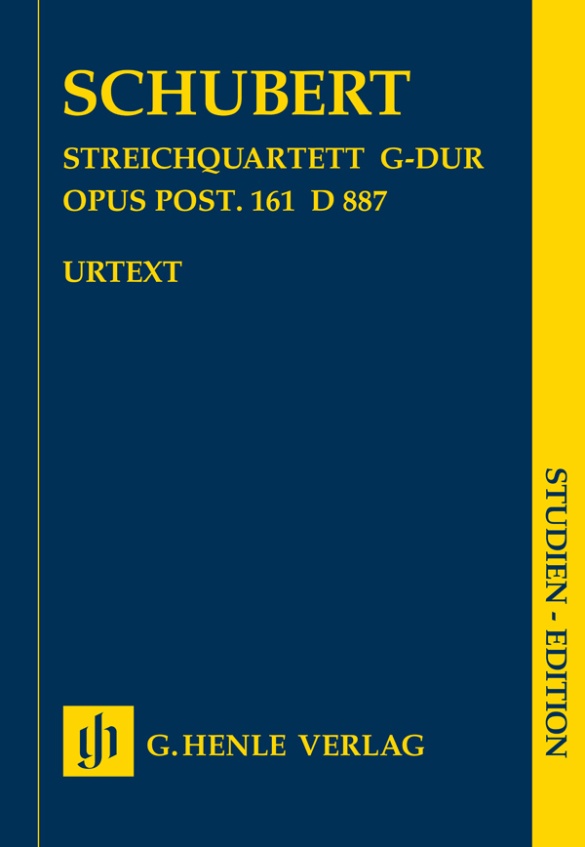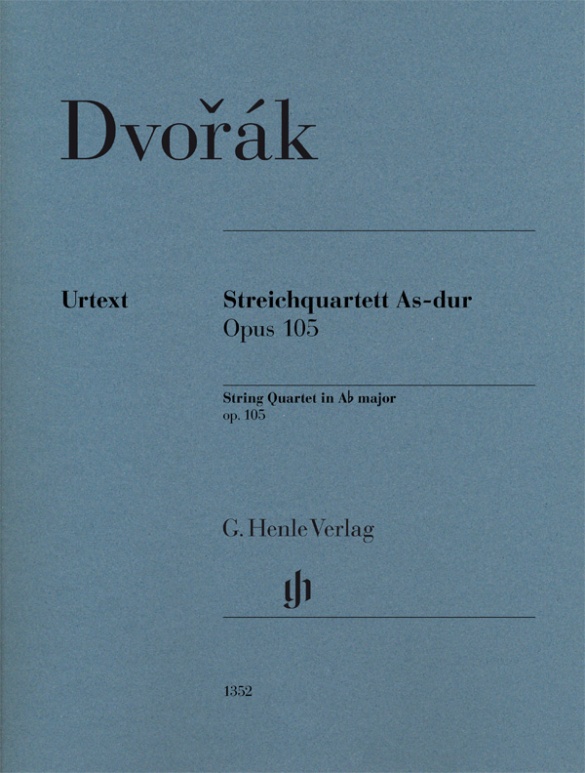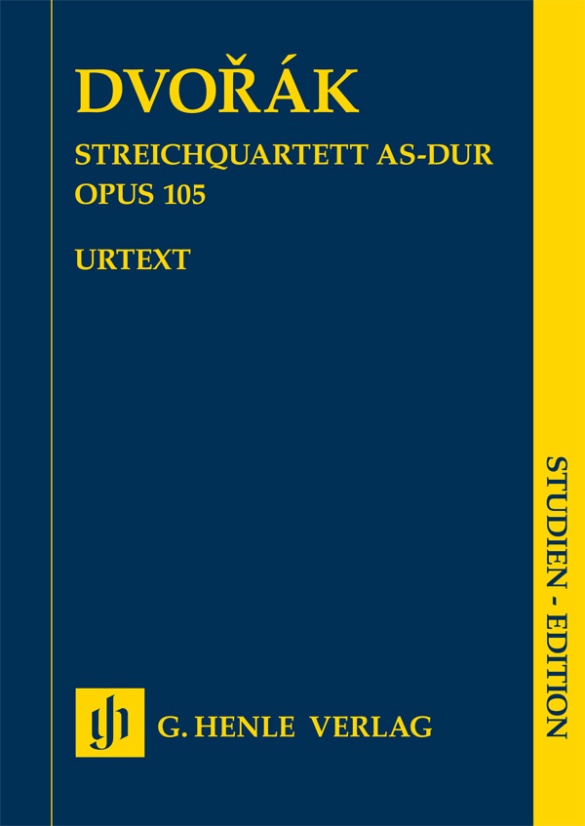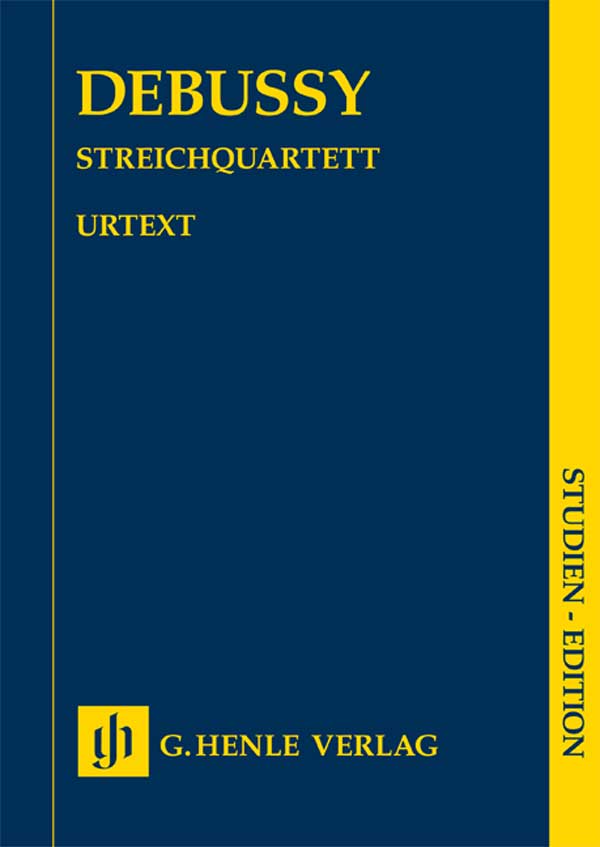

Claude Debussy
String Quartet
Debussy’s new string quartet received a very cool reception at its première in Paris in December 1893, performed by the famous Quatuor Ysaÿe. The critics were upset by its unusual harmonies and orchestral sounds, and the musicians who were later presented with it considered it “unplayable”. Nevertheless the work was able to establish itself in the years that followed and today belongs to the core chamber music repertoire. The work was published in 1894 as “1er Quatuor”; showing that the composer was at least toying with the idea of writing another such work at this time – yet he never did fulfil this promise.
Content/Details
About the Composer
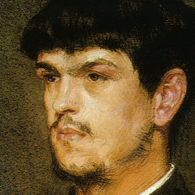
Claude Debussy
Most important French composer around 1900, whose music, primarily characterized by its sound, exhibits profound innovations. His oeuvre bears a close relationship to Symbolism.
| 1862 | Born in Saint-Germain-en-Laye on August 22. |
| 1872–84 | Studies at the Conservatoire de Paris. During this time, he travels with the family of Nadezhda von Meck to Switzerland, Italy, Vienna, and Russia, where he becomes acquainted with Russian and Gypsy music. |
| 1884 | Wins the Prix de Rome with his cantata “L’Enfant prodigue.” Thereafter resides in Rome until 1887. |
| 1887–89 | Songs, “Cinq Poèmes de Baudelaire.” |
| 1888/89 | Visit to the Bayreuth Festival; criticism of Wagner. |
| 1889 | Exposition universelle (World Exposition) in Paris, where he learns about East Asian music, which influences his style. |
| 1890 | Connection to Mallarmé and his circle. |
| 1891/1903 | Series of songs, “Fêtes galantes,” after Verlaine. |
| 1891–94 | Orchestral work “Prélude à l’après-midi d’un faune” (“Prelude to the Afternoon of a Faun”) with arabesque-like melodies. |
| 1897–99 | Nocturnes for orchestra and women’s voices. |
| 1901 | Beginning of his activity as a music critic. |
| 1902 | Performance of the opera “Pelléas et Mélisande” after the Symbolist drama by Maeterlinck, which despite criticism spells his breakthrough. |
| 1903–05 | Orchestral work “La Mer” uses symphonic principles and “Impressionist” tonal language. |
| 1905–07 | Books one and two of “Images” for piano. |
| 1906–08 | “Children’s Corner,” children’s pieces for piano. |
| 1909–10/11–1913 | Books one and two of the “Préludes” for piano; the programmatic titles of these character pieces, some of which are quite esoteric, are listed at the end of each one. |
| 1913 | Songs “Trois poèmes de Stéphane Mallarmé.” |
| 1915–17 | Chamber music sonatas, drawing from the French tradition of the eighteenth century. |
| 1918 | Death in Paris on March 25. |
About the Authors
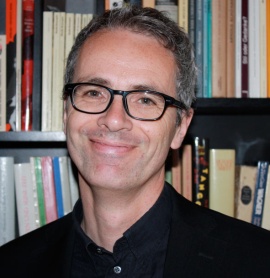
Ulrich Krämer (Editor)
Dr. Ulrich Krämer, born in 1961 in Bielefeld, is Head of the Research Centre at the Arnold Schönberg Complete Edition in Berlin. He read musicology and German in Hamburg and Bloomington and wrote his doctoral thesis under the supervision of Rudolf Stephan on Alban Berg as a pupil of Arnold Schönberg.
In addition to his editorial work, he has been a lecturer at the Hochschule für Musik “Hanns Eisler” and at the Berlin University of the Arts, as well as “Visiting Scholar” at the Graduate Center at the City University New York. Alongside the volumes he has prepared for the Schönberg Complete Edition (including the score of the Gurre Lieder which was awarded the Deutsche Musikeditionspreis), his scholarly publications include editions of Alban Berg’s student compositions and Theodor W. Adorno’s compositions found in his estate, as well as essays and articles on Brahms, Berg, Schönberg, Ravel and Astor Piazzolla.
Product Safety Informations (GPSR)

G. Henle Verlag
Here you can find the information about the manufacturer of the product.G. Henle Verlag e.K.
Forstenrieder Allee 122
81476 München
Germany
info@henle.de
www.henle.com
recommendations
autogenerated_cross_selling
Further editions of this title
Further editions of this title


